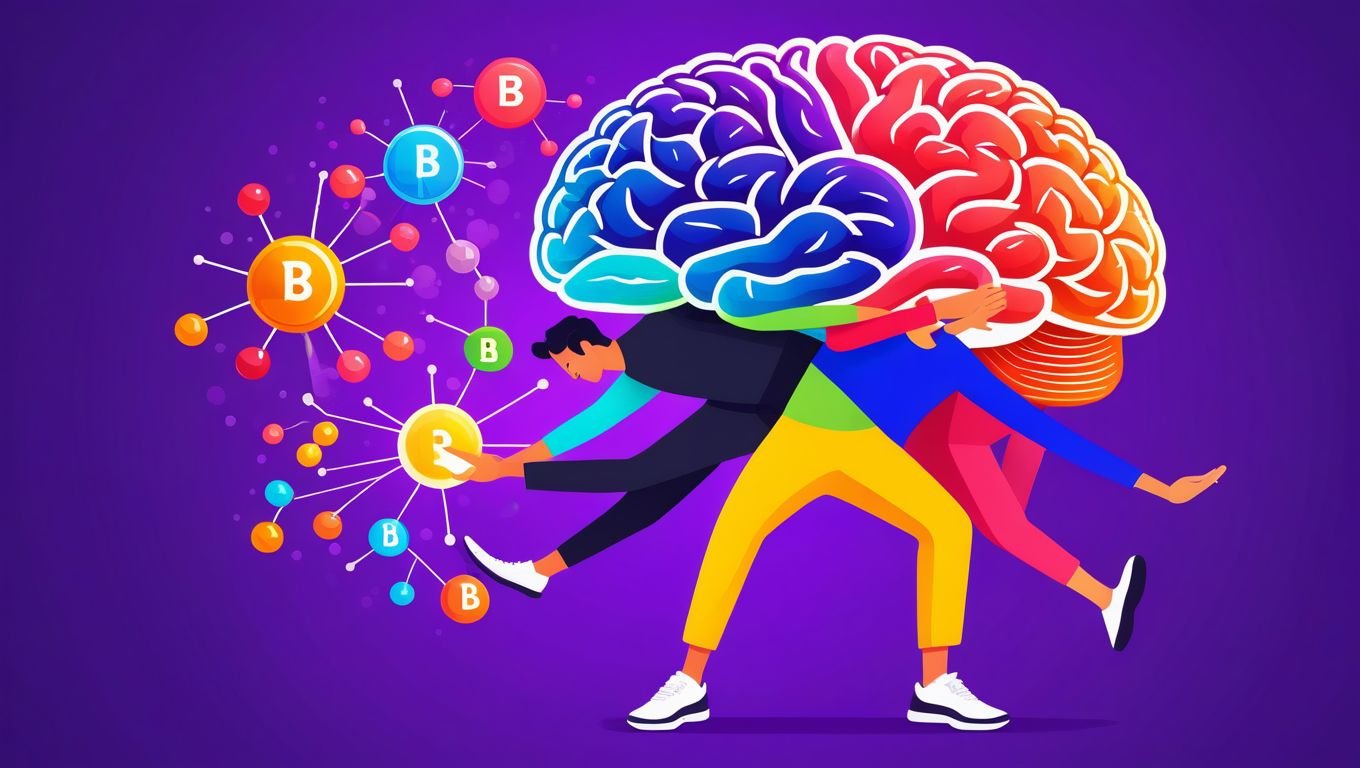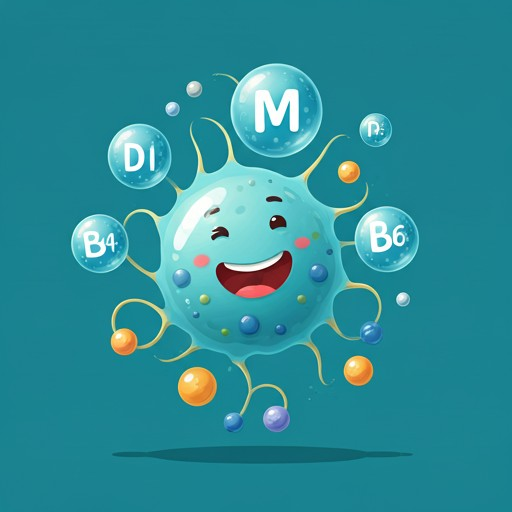10 Surprising Zinc Perks you need to know
Zinc is an essential trace mineral that plays a vital role in numerous bodily functions.
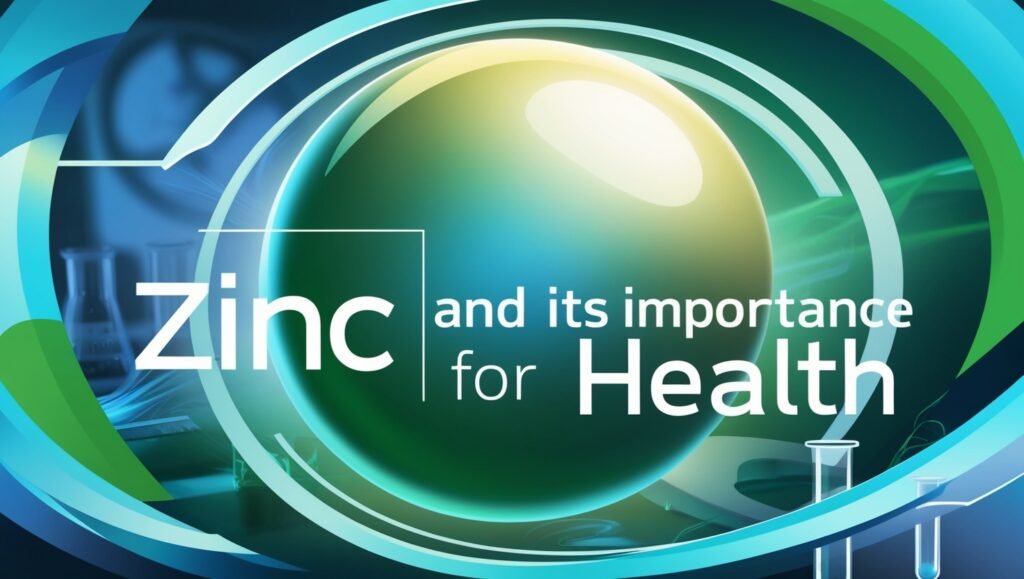
Introduction
Brief Overview of Zinc and Its Importance for Health
Zinc is an essential trace mineral that plays a vital role in numerous bodily functions.
It is required for the activity of over 300 enzymes that aid in metabolism, digestion, nerve function, and many other processes.
Zinc is also crucial for immune function, protein synthesis, wound healing, DNA synthesis, and cell division. Because the body does not store zinc, it is important to consume adequate amounts through diet or supplements to maintain optimal health.
Read also: “10 Powerful Vitamin B1, B6, B12 + More”
Explanation of Zinc’s Role in the Body
Zinc is involved in various physiological processes, including immune response, cell growth, and repair, and the maintenance of healthy skin, eyes, and brain function. It acts as a cofactor for numerous enzymes, supporting their catalytic activity. Zinc also plays a role in hormone regulation, antioxidant defense, and the synthesis of proteins and DNA. Its wide-ranging functions make it essential for overall health and well-being.
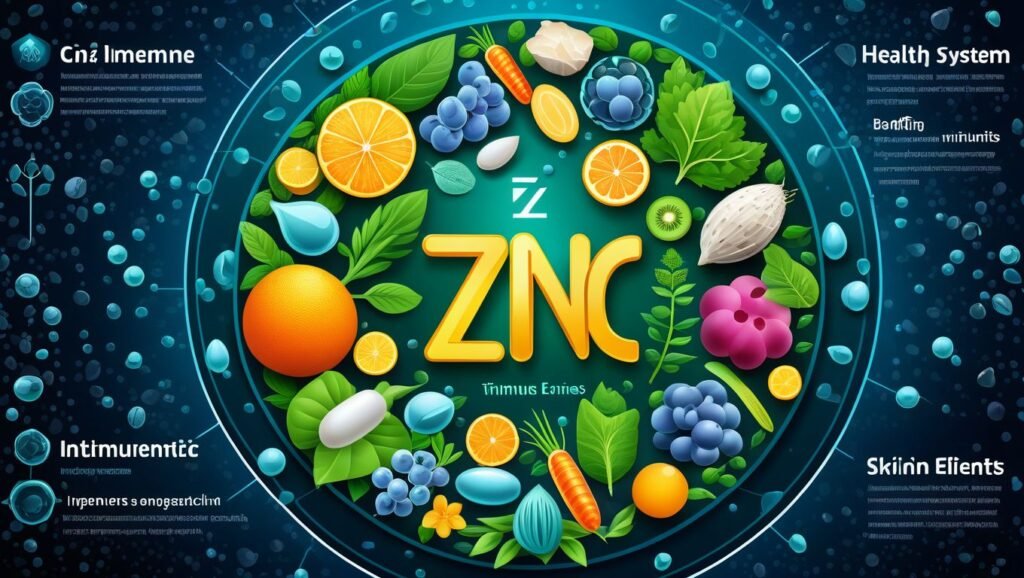
Perk 1: Immune Boost
How Zinc Supports the Immune System
Zinc is essential for the proper functioning of the immune system. It helps in the development and activation of T lymphocytes, a type of white blood cell that plays a central role in immune response. Zinc also supports the production and function of other immune cells, such as macrophages and neutrophils, which help fight infections.
Benefits for Fighting Infections and Illnesses
Adequate zinc intake can enhance the body’s ability to fight infections and illnesses. Zinc supplementation has been shown to reduce the duration and severity of the common cold and other respiratory infections. It also helps in wound healing and reduces the risk of infections by supporting the skin’s barrier function.
Perk 2: Skin Health
Importance of Zinc for Maintaining Healthy Skin
Zinc is crucial for maintaining healthy skin. It supports the production of collagen, a protein that provides structure and elasticity to the skin. Zinc also has anti-inflammatory properties that help reduce skin irritation and inflammation.
How Zinc Helps with Wound Healing and Acne Prevention
Zinc plays a vital role in wound healing by supporting cell growth and repair. It helps in the formation of new tissue and the synthesis of collagen, which is essential for wound closure. Zinc also helps regulate oil production in the skin, reducing the risk of acne. Its anti-inflammatory properties help reduce the severity of acne and promote clearer skin.
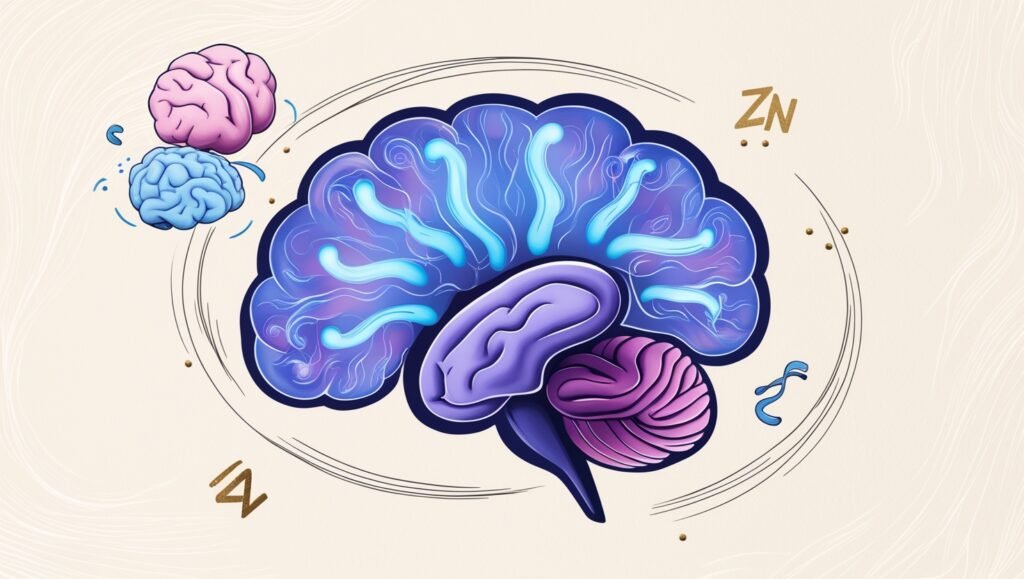
Perk 3: Cognitive Function
Role of Zinc in Brain Health and Cognitive Function
Zinc is essential for brain health and cognitive function. It supports the activity of neurotransmitters, which are chemicals that transmit signals between nerve cells. Zinc also plays a role in synaptic plasticity, the ability of the brain to adapt and form new connections.
Benefits for Memory and Mental Clarity
Adequate zinc intake is associated with improved memory and mental clarity. Zinc supports the function of neurotransmitters involved in learning and memory. It also helps protect brain cells from oxidative damage, reducing the risk of cognitive decline and neurodegenerative diseases.
Perk 4: Hormone Regulation
How Zinc Supports Hormone Balance
Zinc plays a crucial role in hormone regulation. It is involved in the synthesis and regulation of various hormones, including insulin, thyroid hormones, and sexual hormones. Zinc also supports the function of hormone receptors, ensuring proper hormone signaling.
Benefits for Reproductive Health and Thyroid Function
Zinc is essential for reproductive health in both men and women. It supports the production of testosterone in men and the regulation of menstrual cycles in women. Zinc also plays a role in thyroid function by supporting the synthesis of thyroid hormones, which regulate metabolism and energy levels.
Perk 5: Antioxidant Properties
Zinc’s Role as an Antioxidant
Zinc acts as an antioxidant by protecting cells from oxidative damage caused by free radicals. It supports the activity of antioxidant enzymes, such as superoxide dismutase, which neutralize free radicals and prevent cellular damage.
How It Protects Cells from Oxidative Damage
By neutralizing free radicals, zinc helps protect cells from oxidative damage, which can lead to chronic diseases and aging. Adequate zinc intake supports the body’s antioxidant defense system, reducing the risk of oxidative stress and its associated health issues.
Perk 6: Eye Health
Importance of Zinc for Vision and Eye Health
Zinc is essential for maintaining healthy vision and eye health. It supports the function of enzymes involved in visual processes and helps transport vitamin A from the liver to the retina, where it is used to produce melanin, a protective pigment in the eyes.
How Zinc Helps Prevent Age-Related Macular Degeneration
Adequate zinc intake is associated with a reduced risk of age-related macular degeneration (AMD), a leading cause of vision loss in older adults. Zinc helps protect the retina from oxidative damage and supports the health of photoreceptor cells, reducing the risk of AMD and other eye conditions.
Perk 7: Zinc: Growth and Development
Role of Zinc in Growth and Development
Zinc is essential for growth and development, particularly during childhood, adolescence, and pregnancy. It supports cell growth, DNA synthesis, and protein production, which are critical for physical development.
Benefits for Children and Adolescents
Adequate zinc intake is crucial for the growth and development of children and adolescents. It supports immune function, cognitive development, and overall physical growth. Zinc deficiency during these critical periods can lead to growth retardation, impaired immune function, and developmental delays.
Perk 8: Digestive Health
How Zinc Supports Digestive Health
Zinc plays a crucial role in maintaining digestive health. It supports the production of digestive enzymes, which are essential for breaking down food and absorbing nutrients. Zinc also helps maintain the integrity of the gut lining, preventing harmful substances from entering the bloodstream.
Benefits for Nutrient Absorption and Gut Health
Adequate zinc intake enhances nutrient absorption by supporting the function of digestive enzymes. This ensures that the body can efficiently absorb vitamins, minerals, and other essential nutrients from food. Zinc also promotes gut health by maintaining the integrity of the gut lining, reducing the risk of gastrointestinal issues such as leaky gut syndrome and inflammatory bowel disease.
Perk 9: Muscle and Bone Health
Importance of Zinc for Muscle and Bone Health
Zinc is essential for maintaining healthy muscles and bones. It supports protein synthesis, which is crucial for muscle growth and repair. Zinc also plays a role in bone formation and mineralization, ensuring strong and healthy bones.
How Zinc Supports Muscle Repair and Bone Density
Zinc supports muscle repair by promoting protein synthesis and reducing inflammation. This helps in the recovery of muscles after exercise or injury. Zinc also supports bone density by promoting the formation of bone cells and the mineralization of bone tissue. Adequate zinc intake helps prevent conditions such as osteoporosis and promotes overall skeletal health.
Perk 10: Mood Regulation
Role of Zinc in Mood Regulation
Zinc plays a vital role in regulating mood and mental health. It supports the function of neurotransmitters, which are chemicals that transmit signals between nerve cells. Zinc also has anti-inflammatory properties that help reduce inflammation in the brain, which can impact mood.
Benefits for Reducing Symptoms of Depression and Anxiety
Adequate zinc intake is associated with a reduced risk of depression and anxiety. Zinc supports the function of neurotransmitters involved in mood regulation, such as serotonin and dopamine. Its anti-inflammatory properties help reduce inflammation in the brain, which can contribute to mood disorders. Zinc supplementation has been shown to improve symptoms of depression and anxiety, promoting overall mental well-being.
Conclusion
Recap of the 10 Surprising Zinc Perks
Zinc offers numerous health benefits, including immune boost, skin health, cognitive function, hormone regulation, antioxidant properties, eye health, growth and development, digestive health, muscle and bone health, and mood regulation. Its wide-ranging effects provide comprehensive support for overall well-being and help reduce the risk of chronic diseases.
Encouragement to Include Zinc in Your Diet for Overall Well-Being
Incorporating zinc into your diet is an effective way to ensure you get enough of this essential nutrient. By doing so, you can support your immune system, protect against oxidative damage, maintain cardiovascular and cognitive health, reduce inflammation, and promote healthy skin, muscles, and mood. Remember to consult with a healthcare provider before starting any new supplement regimen to ensure it is appropriate for your individual needs.

